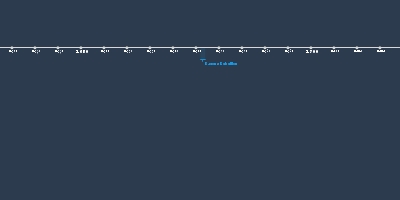The Intolerable (Coercive Acts) (jan 1, 1774 – jan 1, 1775)
Description:
The five acts were the Boston Port Act, the Massachusetts Government Act, the Administration of Justice Act, the Quebec Act, and the Quartering Act.Following the blatant insubordination of the Boston Tea Party in 1773, Great Britain aimed to use a heavy hand on the rebellious colony of Massachusetts.
The Boston Port Act, passed in March 1774 closed the Port from all commerce and ordered the citizens of Boston to pay a large fine to compensate for the tea thrown into the river during the Boston Tea Party.
The Massachusetts Government Act was an act of the British Parliament that gave military governor Gen. Thomas Gage absolute authority to repeal the Massachusetts colony's charter, effectively reducing colonial control over the government.
Administration of Justice Act, also called Murder Act, British act (1774) that had the stated purpose of ensuring a fair trial for British officials who were charged with capital offenses while upholding the law or quelling protests in Massachusetts Bay Colony.
The Quebec Act allowed French Catholics to obtain good jobs in the government. It also let the French practice their style of law. It gave more power to the Catholic Church too. Thanks to the Quebec Act, the Church could collect tithes (money) again.
This new act allowed royal governors, rather than colonial legislatures, to find homes and buildings to quarter or house British soldiers. This only further enraged the colonists by having what appeared to be foreign soldiers boarded in American cities and taking away their authority to keep the soldiers distant.
Added to timeline:
Date:
jan 1, 1774
jan 1, 1775
~ 12 months
